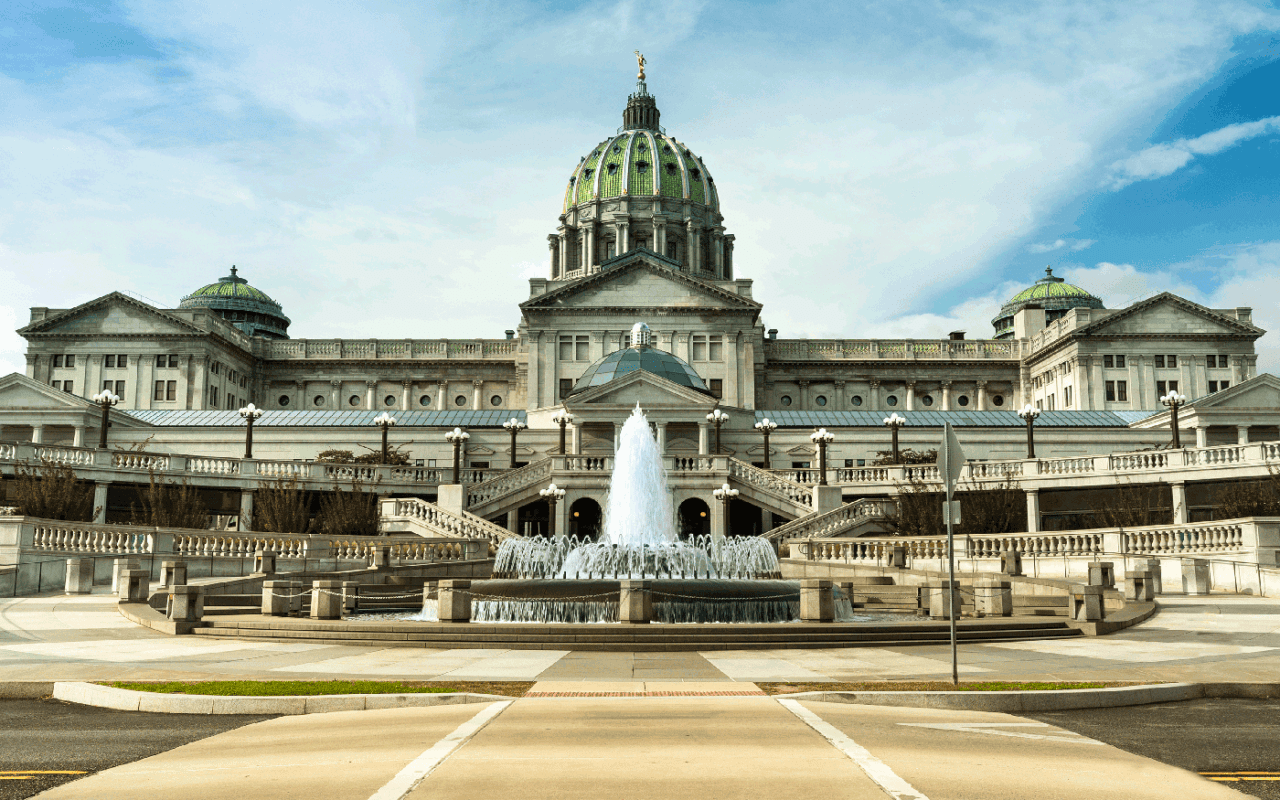To help end plastic waste in our environment and achieve a more circular economy for plastics, we need policy frameworks that reshape how we use and reuse plastics while encouraging investment and growth in the recycling sector.
On November 25, Pennsylvania Governor Tom Wolf signed a law that represents an important step in advancing a more circular economy for plastics. The Pennsylvania Act 127 of 2020 modernizes the state’s regulations and creates a policy environment more supportive of advanced recycling processes that convert post-use plastics into their original building blocks to produce new plastics, waxes and other products.
Pennsylvania became the ninth state since 2017 to join this effort by passing its forward-looking legislation, and five more states have since passed similar laws. Arkansas, Florida, Wisconsin, Georgia, Iowa, Tennessee, Texas, Illinois, Ohio, Virginia, Oklahoma, and Arizona have also recognized that post-use plastics are not waste but valuable raw materials for new manufacturing. Not only does this bipartisan policy recognize that innovative advanced recycling technologies will help us achieve a more circular economy for plastics, it could also help states and communities meet their recycling or zero waste goals.
The law will help Pennsylvania attract new recycling businesses and support job creation, while keeping more plastic out of landfills and, instead, turn it into valuable new materials and products. Advanced recycling is expanding rapidly. As of November 2020, the private sector has announced $4.3 billion in advanced recycling investments in the United States. Collectively, these projects have the potential to divert more than 2.8 million metric tons (approximately 6.1 billion pounds) of waste from landfills each year.
It’s not just a positive step toward creating an environment free of plastic waste; it will help unlock new economic opportunities. Estimates show that converting just 25% of the recoverable post-use plastics in Pennsylvania could support 10 advanced plastics recycling facilities and generate $314 million in new economic output annually. While this technology may be new to Pennsylvania, across the country, private companies are beginning to manufacture post-use plastics at commercial scale into a versatile mix of valuable new products.
Continue to visit America’s Plastic Makers: Making Sustainable ChangeSM to learn more about how communities, companies and brands are turning used plastics into valuable resources to make new products.

